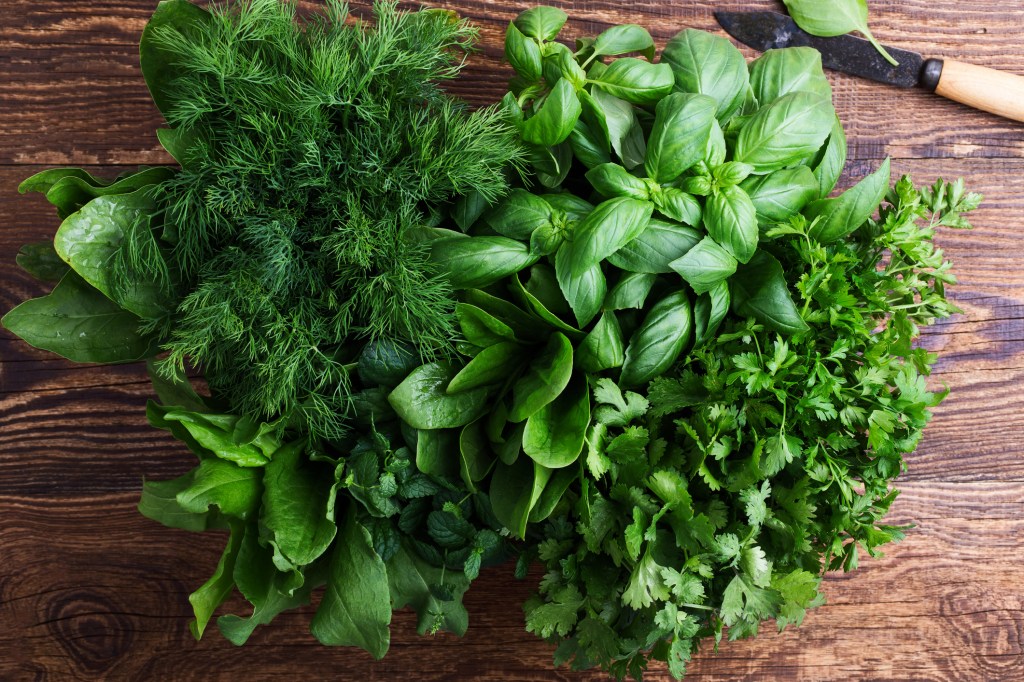The first thing you notice about C.J. McCollum is how smooth he is.
He had only been in Toronto’s Mattamy Athletic Centre—formerly Maple Leaf Gardens and now home to Ryerson University’s basketball and hockey teams—for a few seconds before picking up a microphone, surveying the scene, and getting ready to interview one of his NBA peers.
Videos by VICE
READ MORE: Kobe, the Main Attraction until the Very End
In his third season in the league, McCollum’s been busy ensuring that the Portland Trail Blazers make a smooth transition from one era to the next. The 24-year-old is averaging 20.7 points, 4.2 assists, and shooting a team-high 39 percent from deep on a Blazers team that lost four of its five starters over the offseason. Portland was expected to take a big step back and finish in the lottery after two consecutive 50-plus win seasons, but McCollum’s breakout campaign has helped power the team to seventh in the Western Conference at the All-Star break.
That would be enough work for anyone, but McCollum has more than one job. He hosts two weekly radio shows in Portland—one that focuses on sports and another on music. He says he enjoys Bill Simmons, Jalen Rose and Zach Lowe from the basketball media world, and listens to everything from Future to Taylor Swift, to old-school legends like Biggie and Tupac.
“It’s different, I try to change the questions up a little bit,” McCollum says of his interviewing technique after finishing a chat with Greivis Vasquez at the second annual Basketball Without Borders Global Camp. Despite being the interviewee, Vasquez kept proclaiming McCollum as the NBA’s most improved player. “You heard it here first,” he said with a laugh.
McCollum started off in business school in college, but it’s clear he’s just as much at ease with the microphone in his hand as he is on the court, and doesn’t get flustered—he has journalistic chops. That smoothness comes to the fore when he hosts “Playlist”—his music-based show that airs Friday nights on Portland’s JAM’N 107.5. “The dude is a natural on the mic,” producer Geoff “G-Off” Owens recently said of McCollum.
But don’t get it twisted, “Playlist” isn’t just a chance for McCollum to put on his favourite tracks and music’s biggest hits. He loves listening to music to relax and zone out, but on any given episode he can be heard talking about topics ranging from the differences in social media platforms to what TV show he’s currently binge-watching.
“As athletes, we do a lot of traveling, we do a lot of flying on planes and you have to find your escape sometimes, whether that be watching movies, reading books, or listening to music as you watch watch movies and read books,” he said.

McCollum ranks fifth in the league in 3-pointers made. —Peter Llewellyn-USA TODAY Sports
That being said, a locker room is much different than a radio station, and McCollum’s youth is counting against him there.
“They don’t let me pick all the music,” he says. “We have music dates where each player has their own day when they can play whatever they want. We kind of alternate but I’m a little young on the totem pole right now.”
The NBA has a strong relationship with the entertainment industry, and one could argue that music and its culture is more prevalent in the NBA than any other sports league.
“I think music plays such a large role a lot of times because it’s a form of expression, depending [on] mood and feelings you can change the music up,” he says. “I listen to Drake, obviously. We’re in Toronto so I have to shout that out,” while also noting he’s a J Cole fan.
After Damian Lillard didn’t make the Western Conference All-Star team, McCollum was left as the only Blazer competing in any of the events. He lost to Isaiah Thomas in the final of the guard bracket in the Skills Challenge, and was eliminated in the first round of the Three-Point Contest with a score of 14. The experience was another step in what promises to be a long, fruitful journey for McCollum.
The definition of the NBA’s Most Improved Player award is contentious, but at this point McCollum is one of the favourites—if not the frontrunner—to take home the hardware. His statistics are up across the board, and his scoring average has impressively improved by 13.9 points. An increased usage rate and playing time—he’s averaging the second most minutes on the team at 35.0 a game after logging only 15.7 a season ago—has done nothing to hurt his efficiency, either.
Whether it’s transitioning from a supporting act to a star man, or reviewing the latest album, he’s proven an ability to handle everything smoothly. Don’t bet on any road bumps slowing him down anytime soon.



